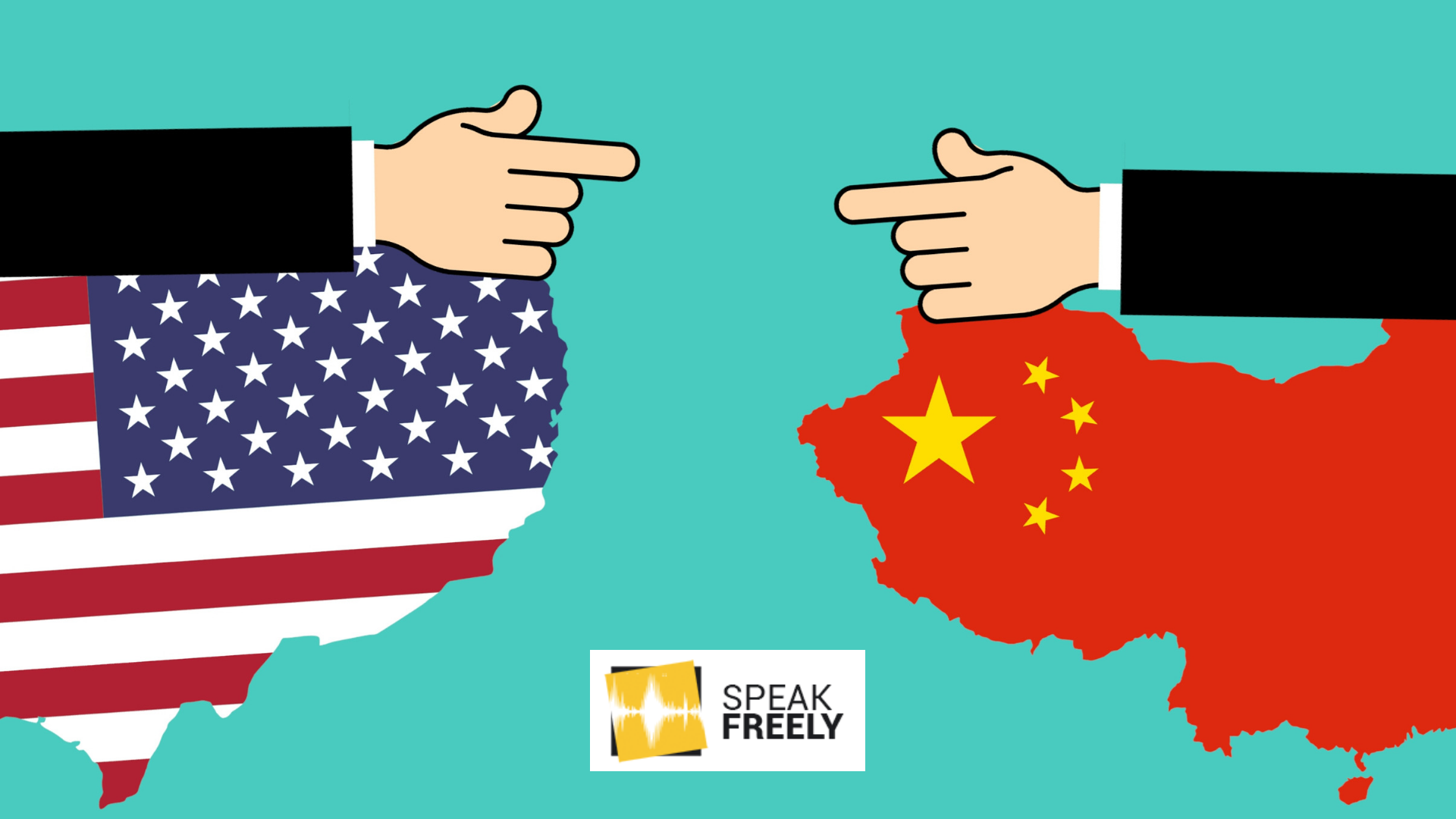Yahya Bostan, a Turkish columnist, describes the current populist trend as “the age of selfishness”. In his very interesting piece, Mr. Bostan argues international organizations have lost their importance, that the international community has almost collapsed, and that ethical values are lost, which I guess the majority would agree with.
Institutionalism, an essential concept the postwar liberal order, is now up for debate. In politics, Euro-skepticism, nationalism, authoritarianism or populism, whatever you call them, are on the rise. For me, all are true but the best description is, perhaps, opportunism: the conscious policy and practice of taking advantage of circumstances, with little regard for principles or with what the consequences are for others according to the dictionary.
According to Mr. Bostan, US President Trump’s decision on immigrants, as well as his “trade wars, and economic isolationism are all reflections of the selfishness of this age, an era of neo-Machiavellianism”. But what exactly is meant by all of this?.
From my point of view, being selfish simply means working for the maximization of profit or benefit. This effort is valuable, necessary and even mandatory for the individual and overall economic and political development but only to some extent, and is subject to certain rules and values.
When the rules are broken and ethical values collapse, it starts to bring more harm than benefit (Objectivist critiques are more than welcome). So, the mentioned trends in the Mr. Bostan’s article are expected to be in parallel with this definition, but they are not.
First of all, economic isolationism and trade wars bring with them more closed economies, with higher tax rates, additional tariffs, low-quality products and depleted consumer choice. For instance, the Trump administration doubled the tariffs on aluminum and steel imports from Turkey to 20 percent and 50 percent, respectively, in the last months.
Now, American producers are less able to buy high quality iron and steel from Turkey as raw material for a good price due to the currency rates. Production costs are increased in the USA, and it is the consumers who will suffer most from this. As a response, Turkey increased the tariff for some US imports such as whiskey. You don’t even want to know how much a bottle of Jack Daniel’s costs in a supermarket in İstanbul.
Trump’s main trade war, however, is against China. It goes completely against the postwar liberal order and the consumer interest. Moreover it violates the principles of non-discrimination, multilateralism and market-conformity that underpin the trading system created by the US, and will not reduce overall US deficits according to Martin Wolf. Can we define Donald Trump as selfish in this case while he makes his citizens suffer in the market? Or is he an opportunist?
Secondly, the immigration case; It is true that, in the short run, immigrants might increase unemployment, lower the wages or increase the prices in the market. But in the long run, they actually enlarge the market. Who can deny it is good to have more producers, more workers, more capital and more consumption is bad, especially the President of an “immigrant country” such as the USA.
Anti-immigrant rhetoric brings votes all over the world as a result of cultural or economic concerns, but a “selfish” leader should be aware that his country is going to “become great” as a result of immigration, not in spite of it, if the security and the integration processes are managed successfully at least in the future. This is again not selfishness, but opportunism.
It is true that economic welfare and democratic values are in danger. Wise people of the world should seek ways to tackle this trend but, in my opinion, the wrestle is going to be with opportunism, not with selfishness.
This piece solely expresses the opinion of the author and not necessarily the organisation as a whole. Students For Liberty is committed to facilitating a broad dialogue for liberty, representing various opinions. If you’re a student interested in presenting your perspective on this blog, click here to submit a guest post!
Image: Pxhere
